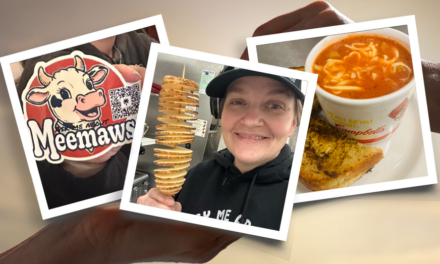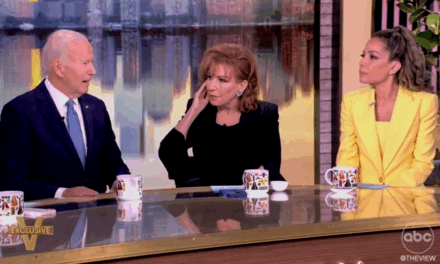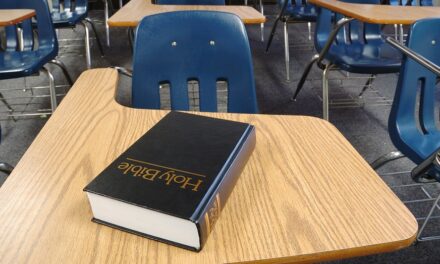In the run-up to the 2024 presidential election, barber shops in pivotal swing states have become microcosms of the national political landscape, showcasing a variety of opinions among voters. These venues, traditionally known as community hubs, are now acting as informal political arenas where debates over candidates and policies play out.
A vivid illustration of this political discourse can be seen through the discussions regarding Vice President Kamala Harris’s standing among Black male voters. Despite her historic position as the first female, first Black, and first South Asian vice president, Harris faces unique challenges in securing robust support from this pivotal demographic.
Many Black men express ambivalence about Harris’s role in the upcoming election, which could significantly influence the outcomes in swing states. In barber shops filled with the buzz of clippers and lively conversation, the discussions reveal a complexity in voter sentiment that defies easy categorization.
Some patrons assert that Harris’s policy stances and performance have not resonated strongly with them, pointing to specific areas where they feel their communities need more focused attention. Economic policies, criminal justice reform, and educational opportunities frequently surface as priorities that voters wish candidates would address more thoroughly.
Conversely, there are voices within these discussions that emphasize the importance of representation and the potential for Harris to advocate effectively for Black communities. Her presence on the ticket is seen by some as a tangible sign of progress in a political landscape that has historically marginalized their voices. However, this sentiment is counterbalanced by the skepticism of those who question whether symbolic representation translates into substantive change.
As conversations continue to flow, the uncertainty in these discussions is palpable. For many, the choice in the upcoming election feels akin to a “coin flip,” reflecting the mixed emotions and the breadth of perspectives within the community. The unique atmosphere of barber shops allows for a candid exchange that highlights not only voter priorities but also the nuanced challenges that Harris and the broader Democratic agenda must navigate in these key states.
Ultimately, the discourse in these barber shops underscores a critical truth for the 2024 race: engagement with grassroots voters and addressing their specific needs and concerns may prove decisive in swinging voter loyalty. As potential candidates fine-tune their platforms, listening and responding to the conversations happening in places like these could hold the key to unlocking voter enthusiasm and participation in the election.
































